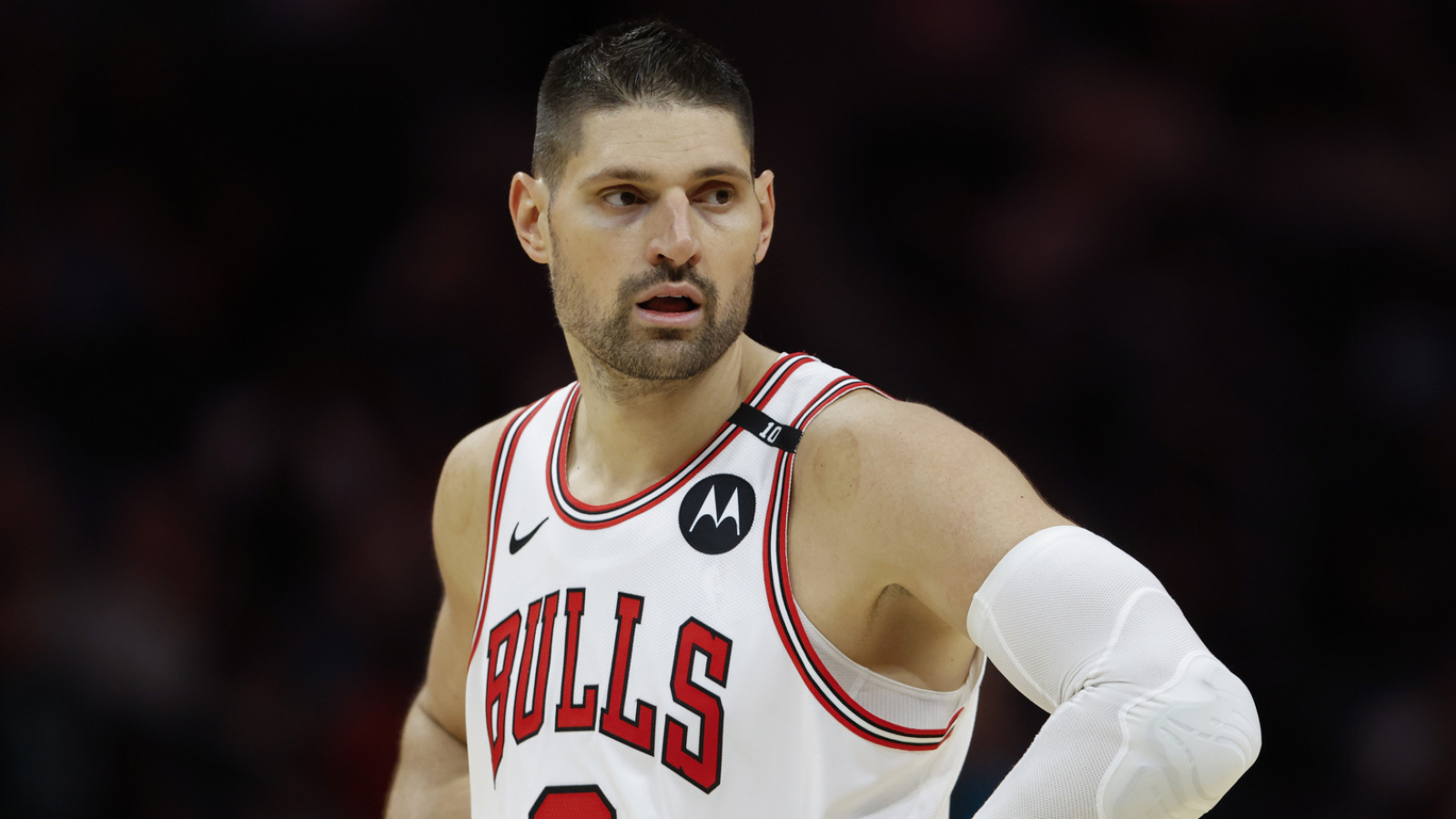The Chicago Bulls find themselves in a perpetual state of flux, consistently struggling with asset management and failing to maximize the value of their roster. This chronic issue has left the franchise bleeding potential and lacking a clear direction, raising serious questions about their long-term viability in the competitive NBA landscape.
A prime example of this ongoing dilemma is the situation surrounding center Nikola Vucevic. Reports indicate that Chicago is actively exploring trade or buyout scenarios for the veteran, only to discover a strikingly limited market interest. This mirrors previous instances where the front office struggled to extract meaningful value for their players, highlighting a recurring pattern of missed opportunities and strategic missteps.
Vucevic’s performance last season, while respectable with averages of 18.5 points and 10.1 rebounds, is not enough to offset his substantial $20 million salary for the 2025-26 season. At 34 years old and with acknowledged limitations on the defensive end, he is no longer perceived as a positive asset by most NBA front offices. The Bulls are now cornered, facing difficult choices: stretch his contract, pursue a costly buyout, or allow his salary to clog their cap sheet with minimal on-court upside.
This current predicament with Nikola Vucevic is further exacerbated by the team’s history of poor timing, which has repeatedly cost them valuable leverage. It was previously reported that the Bulls reportedly turned down interest in Vucevic from the Golden State Warriors, opting instead to hold onto his three-year deal. That decision now appears to be an overpay that no contending team is willing to absorb, underscoring a consistent failure to act decisively before asset values depreciate.
The risk of asset mismanagement extends beyond Vucevic, notably impacting guard Josh Giddey, who was acquired in the controversial trade involving defensive specialist Alex Caruso. The Bulls and Giddey have yet to agree on a contract extension, and should he sign his qualifying offer, he will become an unrestricted free agent in 2026. This scenario means Chicago could potentially lose a promising young talent for absolutely nothing, a compounding consequence of sacrificing a proven defensive anchor for a player whose long-term commitment remains uncertain.
Looking back, the Chicago Bulls had legitimate opportunities over the past two seasons to pivot into a full-scale rebuild with genuine momentum. Instead, they allowed significant player value to erode. The DeMar DeRozan sign-and-trade to the Sacramento Kings yielded only second-rounders and salary filler, while Zach LaVine’s midseason move to the Kings for depth and cap relief paled in comparison to the Spurs acquiring an All-Star in De’Aaron Fox. Similarly, Lonzo Ball was traded straight-up for Isaac Okoro. Crucially, not a single one of these major transactions brought back a long-term asset or a coveted first-round draft pick.
As the Chicago Bulls continue to navigate their current roster challenges, they are rapidly running out of veteran players to trade and critical cap flexibility. If the franchise genuinely intends to build a competitive team around emerging talents like Julian Phillips, Coby White, and potentially Josh Giddey, a fundamental shift in their strategic thinking is imperative. The current trajectory indicates that the Bulls are not effectively rebuilding; rather, they are systematically diminishing their organizational value without a coherent or promising path forward.






Leave a Reply